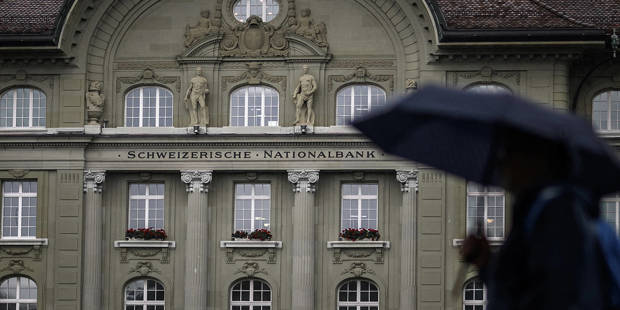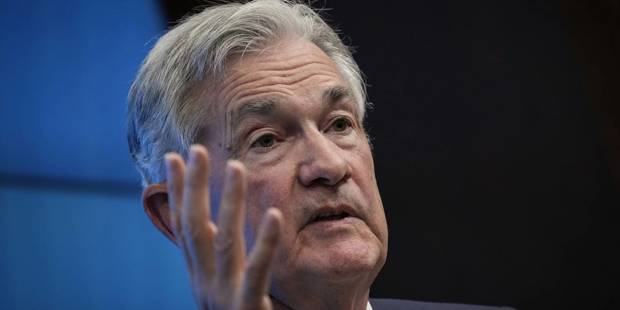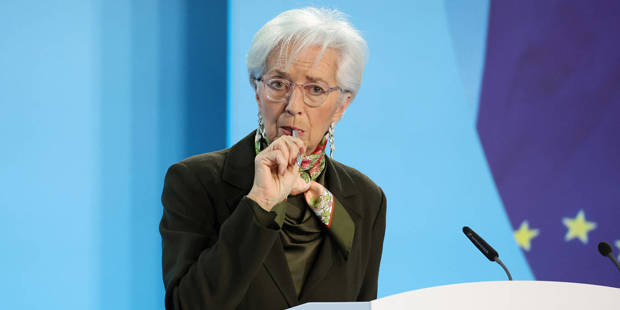Willem H. Buiter
Willem H. Buiter, a former chief economist at Citibank and former member of the Monetary Policy Committee of the Bank of England, is an independent economic adviser.
-
The Positive Case for Negative Rates

The Positive Case for Negative Rates
Feb 5, 2025 Willem H. Buiter & Ebrahim Rahbari see the widely scorned monetary-policy tool as a necessary option in the absence of fiscal alternatives.
-
Why Have Inflation Forecasts Been So Wrong?

Why Have Inflation Forecasts Been So Wrong?
Apr 1, 2024 Willem H. Buiter & Ebrahim Rahbari consider the factors that have most confounded macroeconomic models over the past three years.
-
Central Banks Need to Be Honest About Their Losses

Central Banks Need to Be Honest About Their Losses
Mar 5, 2024 Willem H. Buiter criticizes the European Central Bank and US Federal Reserve's accounting tricks.
-
The ECB Should Change Three Bad Habits

The ECB Should Change Three Bad Habits
Jan 17, 2024 Willem H. Buiter & Ebrahim Rahbari identify longstanding practices that have consistently left policymakers behind the curve.
-
A Farewell to Cash

A Farewell to Cash
Dec 11, 2023 Willem H. Buiter rebuts the three main arguments against introducing an interest-bearing central bank digital currency.








